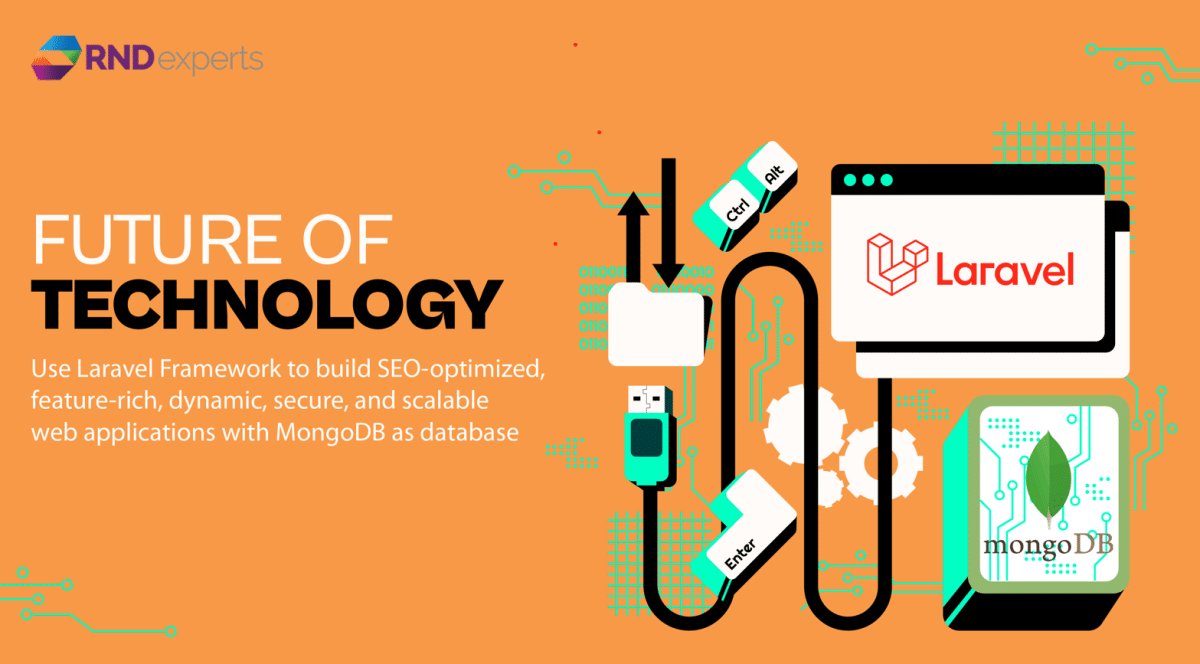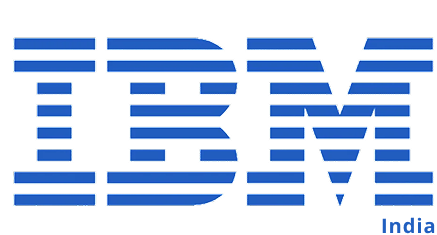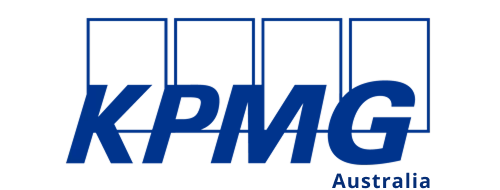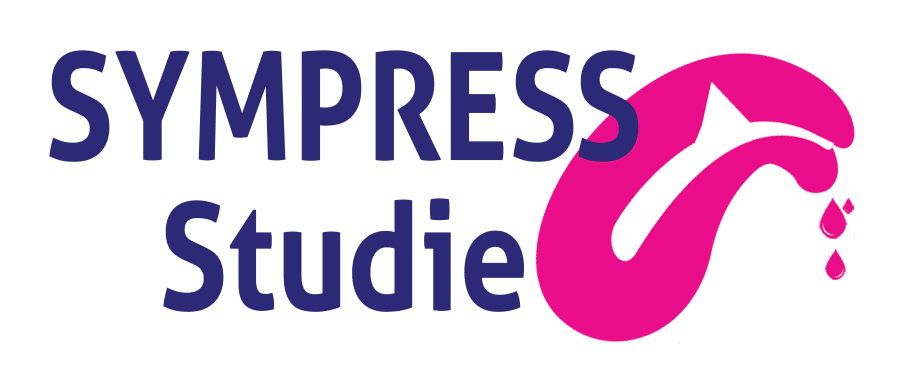Introduction: In today’s fast-paced digital world, web application development requires robust frameworks and databases to handle complex functionalities and vast amounts of data. Laravel, a popular PHP framework, combined with MongoDB, a NoSQL database, offers developers a powerful and flexible solution for building scalable and efficient web applications. This blog explores the benefits and pragmatism Read More…













